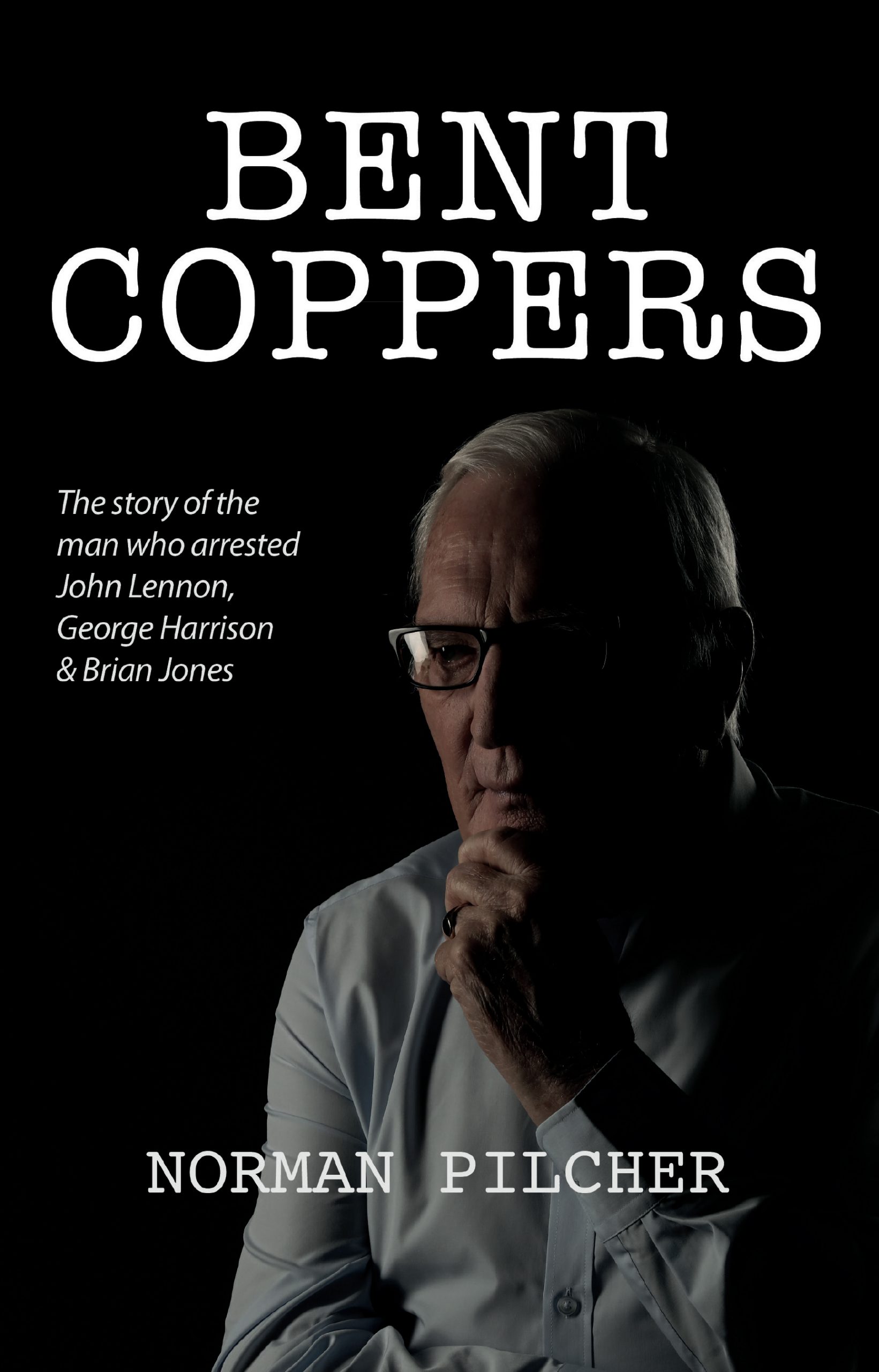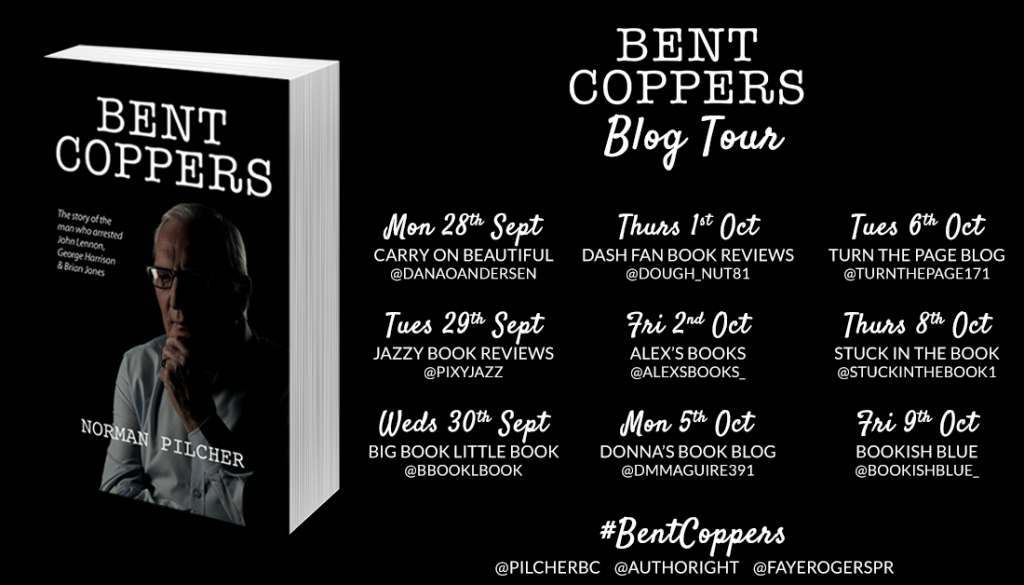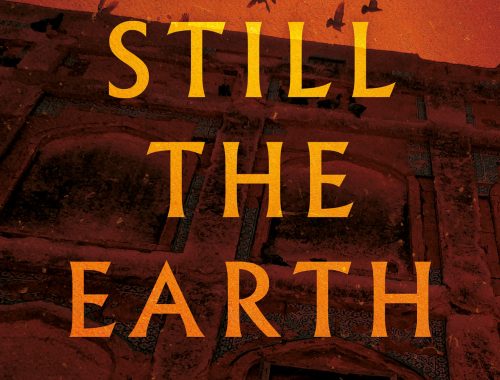Bent Coppers

Norman Pilcher
London, England, 1967. An explosion of recreational drugs has resulted in the emergence of an anti-establiment hippy culture, worsening crime rates and an increasingly paranoid tabloid press. A young and ambitious police officer joins the Metropolitan Police Drug Squad determined to right these emerging cultural wrongs.
His method? To tackle head on the most high-profile examples of wanton drug abuse. His targets? The celebrities, musicians and dilettantes all exploiting Britain’s burgeoning drugs trade, glamourising illegal activity and promoting their untouchable wealth and fame to an impressionable generation.
Bent Coppers is the electrifying true story of Norman Pilcher, the most infamous police officer in British law enforcement history. Truth and justice were the tenets of Pilcher’s war against crime in the capital, but they soon collapsed in a landslide of scandal, perjury and blazing newspaper headlines.
The man who arrested The Beatles and The Rolling Stones would pay the ultimate price for his service. Finally he sets the record straight.
Extract
My name is Norman Pilcher. I was a policeman in the 1960s in London during a period when the Met Police was rotten to its core. Now I have reached a ripe old age, I plan to set the record straight on a few things concerning my reputation, and that of my team. I write this story not from a bitter or pained place, but one of understanding. I was naïve at the time; I am not anymore. My hope is that in straightening out rumours and hearsay that a record will then exist which is more powerful than gossip and newspaper stories, because this record is the truth and truth is the most powerful thing of all.
The backdrop to my career was the Swinging Sixties, which most people think of as an era of celebration. Beatlemania, counterculture and social revolution were how it became popularised. The sexual revolution, and questioning authority with marijuana, LSD and psychedelic music – that’s what many people stood for. So, as you can imagine, being a policeman arresting pop stars for taking drugs was not going to score me any brownie points with the public during this period of change! The thing was though, I did not join the Met for popularity; I did it for other reasons and it was not to arrest famous people, I can assure you of that. Perhaps without being able to articulate it at the time, I wanted to do something sincerely useful in this world. By preventing something bad from happening, stopping someone doing something wrong or dealing with somebody when they had done wrong, I could make my contribution. What I learnt was that the majority of people were good people. And a lot of people were simply rebelling.
I appreciated the counterculture and the youth who were agitated and then rebelling against the conservatism and the conformity of the 1950s. The establishment, the Home Office, and the government were all petrified of the new age and wanted to keep with the old ways and the Victorian values but the youth had had enough of dictatorships, old systems and old thinking. I was keen to move into the new era too; this counterculture was helping to form a new culture for all of us. They were exciting times: we were moving away from a ‘when I jump don’t ask why, just ask how high’ to a ‘so why are we doing this?’ era, and drugs were part of the revolution. But in a certain way the freedom and the liberty the young were embracing was really just a bit of a fashion. The idea was fun and perhaps well intended – reacting to much loved films like The Beatles movie, A Hard Day’s Night. Yet if the truth be told, it was not how I observed the streets, which more resembled the movie Alfie. Broken lives, scandals and murders were all very real and the drug trade was not helping matters: a lot of bad gear was hitting the streets and a lot of harm was caused as a consequence.
Amidst this rebellious culture of questioning authority, it is ironic that the team I was part of – the Drugs Squad, or The Whispering Squad as we came to be known – were in fact committed to asking questions, to promoting individuality, to bonding as a group; we were bound together by an oath of honesty, and by a shared desire to kickstart this country’s war on dangerous drugs, even if that meant questioning the powerful forces within the Met. And the core issue that was affecting our work? That the Met was infected by corrupt and powerful untouchable elites, hiding behind the curtain of Freemasonry. And who were the Freemasons? Who knows, but they appeared to hold little interest in cleaning up the London streets. No. That work was for me and my unit.
The central issue was that where there was drugs, there was a lot of money involved and people operating inside and outside of the law wanted in on that. People were being paid for information, regarding the when and the where. If my squad was prepping for a bust, and dealers could pay men in the Force for advance intelligence on it, then handshakes would be made. Some of the men shaking hands walked among us and they were leaking high- priced intelligence my team were working round the clock to source. The only way for us to stop that intelligence leaking was to erase the paper trail, and that meant false entries in our books. Perhaps if we knew we’d finish in prison for it, we’d have considered a different method of hiding the trail of breadcrumbs. We were breaking rules in an attempt to try and wipe off the map drugs that were damaging people’s lives and were being allowed to flow on by sources within the Met. Naturally, my team and I were required to find quiet corners where we could whisper. It was a shame we had to work this way, but we were forced to because the opportunists who could benefit from the drug trade were inside the Met.
People in my team found themselves at gunpoint and I myself ended up in prison, all because of drugs and the money that was involved in its distribution. We were a team of six at Scotland Yard from 1967 to 1972 and for forty years I have wanted to tell this story. Now the right opportunity has come along, the challenge is an old one – fact is stranger than fiction. It’s also something to do with our nature: it seems to be a kind of human thing – that some people simply cannot help but cheat, thieve and fiddle.

Publisher: Clink Street Publishing
Publication Date: 6th October 2020
Format: Paperback
Pages: 198
Genre: Memoir
Age: Adult
Reviewer: Blue
Source: N/A


